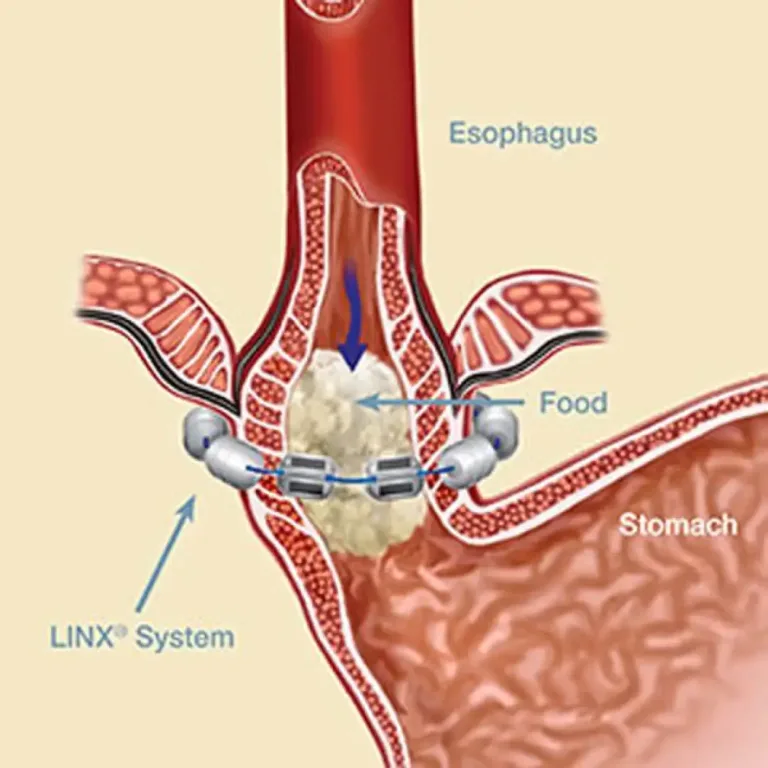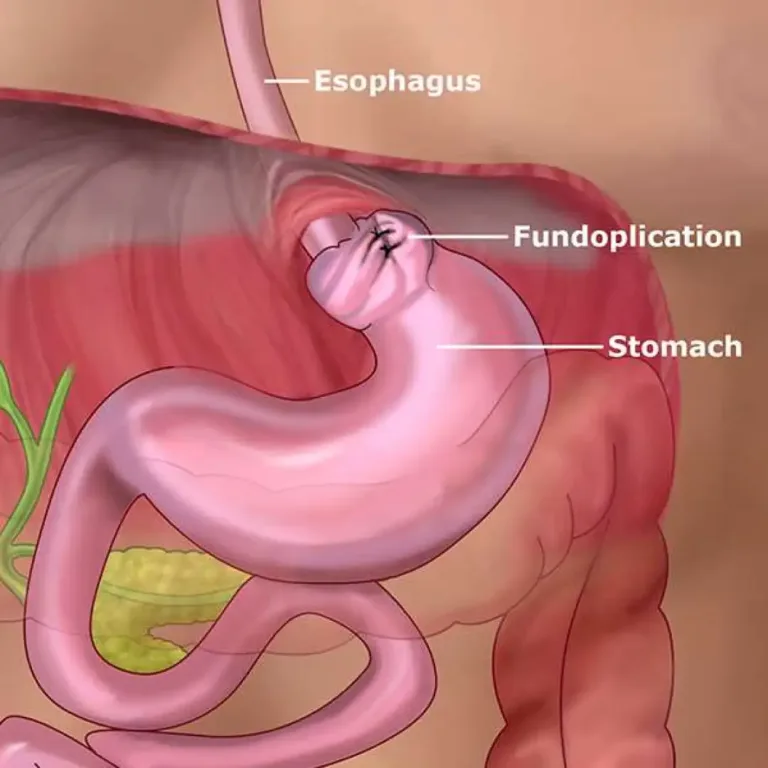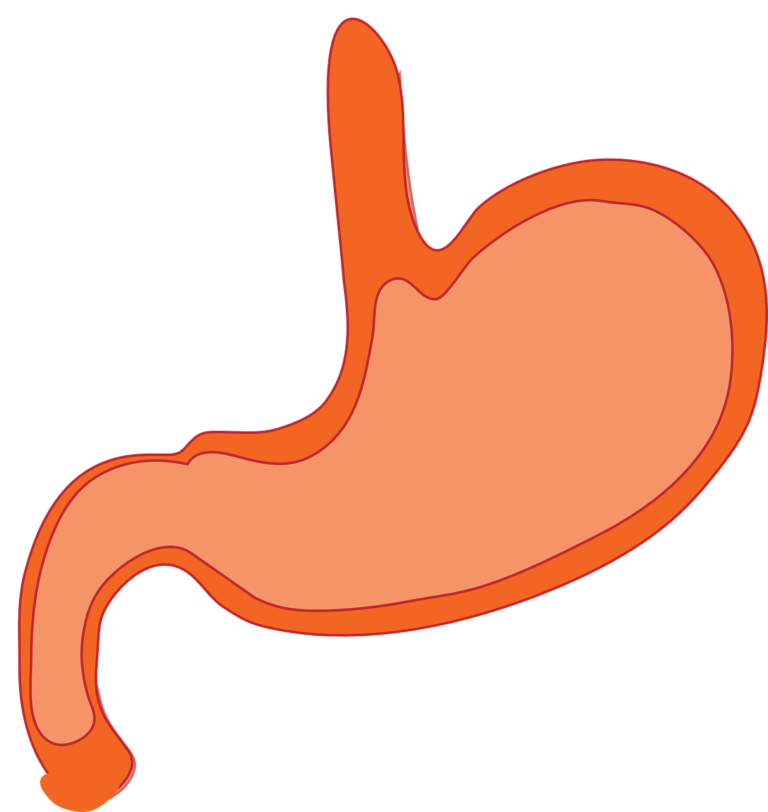Gastroesophageal Reflux Disease (GERD) is a prevalent gastrointestinal condition characterized by the chronic backflow of stomach acid into the esophagus, leading to symptoms such as heartburn, regurgitation, and chest pain. While these symptoms are well-known, the association between GERD and vomiting may raise questions for those grappling with this troublesome disorder.
The Relationship Between GERD and Vomiting:
Vomiting is not typically considered a primary symptom of GERD; however, it can manifest in some cases. The reflux of stomach acid into the esophagus irritates the lining, triggering the body’s defense mechanisms. This irritation can extend to the upper gastrointestinal tract, potentially leading to nausea and, in some instances, vomiting.
Possible Causes of Vomiting in GERD:
Severe Reflux Episodes: Intense and prolonged episodes of acid reflux can induce irritation and discomfort, prompting the body to expel the contents of the stomach through vomiting.
Aspiration of Gastric Contents: In severe cases of GERD, stomach contents may regurgitate into the airways, a phenomenon known as aspiration. This can stimulate the gag reflex, resulting in vomiting.
Delayed Gastric Emptying: GERD may contribute to delayed gastric emptying, a condition where the stomach takes longer than usual to empty its contents. This delayed process can cause a feeling of fullness and lead to vomiting.
Hiatial Hernia: Individuals with GERD are more prone to developing hiatal hernias, where a portion of the stomach protrudes into the chest cavity. This anatomical anomaly can contribute to nausea and vomiting.
Managing GERD-Induced Vomiting:
Lifestyle Modifications: Adopting lifestyle changes such as maintaining a healthy weight, elevating the head of the bed during sleep, and avoiding large meals close to bedtime can help alleviate symptoms, including vomiting.
Dietary Adjustments: Identifying and avoiding trigger foods and beverages, such as citrus fruits, spicy foods, and caffeine, can play a crucial role in managing GERD and reducing the likelihood of vomiting.
Medications: Over-the-counter antacids, H2 blockers, and proton pump inhibitors (PPIs) are commonly prescribed to control acid reflux symptoms and prevent vomiting associated with GERD.





